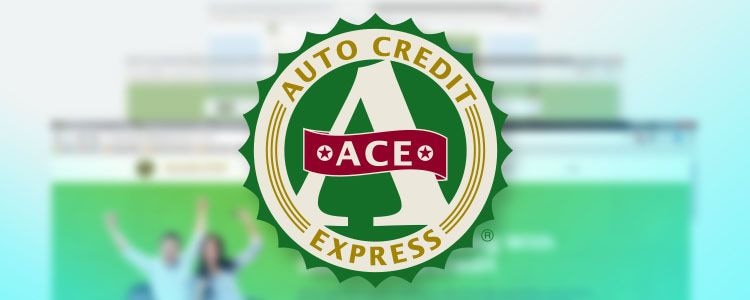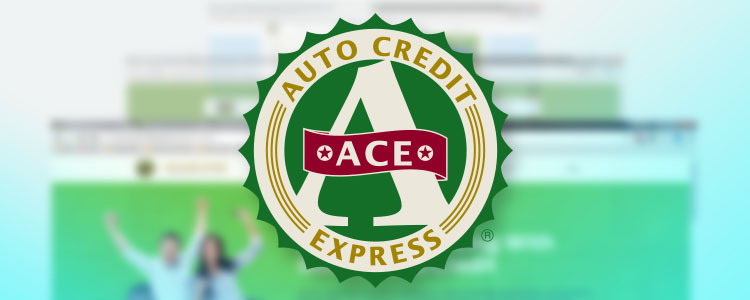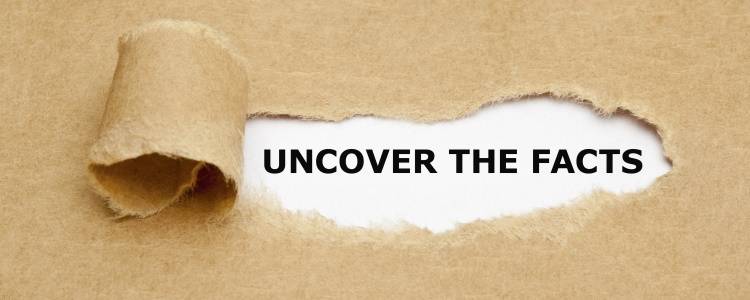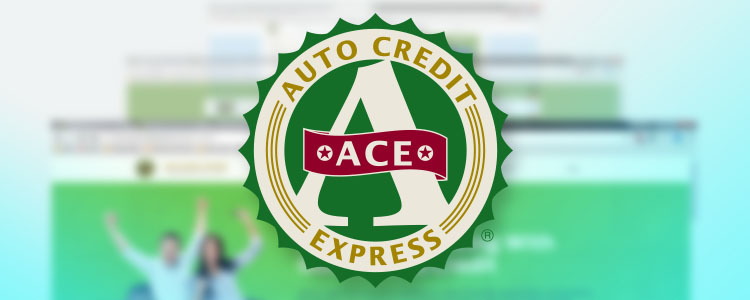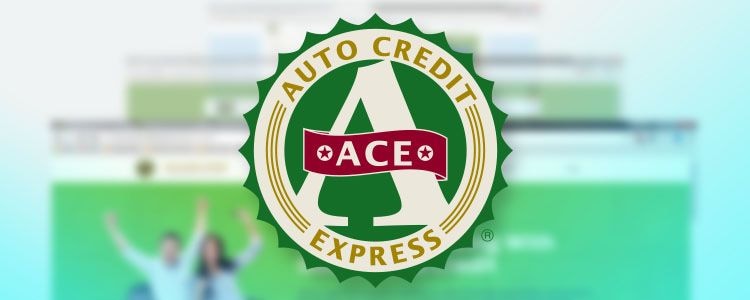Do you have questions about credit reports and credit scores? Many of us know very little about our own credit, so your answer to that question is probably yes. Knowing this, the three national credit bureaus set out to educate the public in a recent Twitter chat they named "What to Know About Credit."
Earlier this month, the three major credit reporting agencies - TransUnion, Experian and Equifax - held a credit chat on Twitter. It was hosted by NerdWallet columnist Liz Weston. Weston posed 12 questions, and each of the three bureaus went on to answer them on their own Twitter accounts.
We thought it'd be a good idea to summarize the credit topics that were covered for all of our readers. Because they went into detail on the 12 questions, we will break the chat down in two separate parts. This first part will cover the more general questions about credit that were posed during the Twitter chat.
What is credit? And why is it important?
Starting with the basics, credit is a way to obtain goods or services before payment. However, you are contractually obligated to pay back what you borrow with interest and (sometimes) fees.
Credit is important because lenders use it to determine the financial risk you represent. It helps decide your interest rate when you do borrow money. A good credit history also makes it possible to qualify for certain loans.
What is the difference between credit reports and credit scores?
Your credit report is a record or file of your credit history and activity. It includes your identifying information, a list of your financial obligations, and your payment history. Your credit score is a three-digit rating calculated using the information on your report.
Experian used a great analogy during the Twitter chat. Your report is the school paper, and your score is the grade you get on that paper. Click here for a more in-depth breakdown of the different types of credit reports and credit scores.
How often should you check your credit reports? And where can you get them?

Every consumer is allowed to get a free copy of their credit report every 12 months from each of the three major credit bureaus. All you need to do is request them at AnnualCreditReport.com.
A good rule of thumb is that you should check your credit reports at least once a year. You can take advantage of all three of your free copies and keep an eye on your credit year-round quite easily. Just get one report in January, the next in May, and the third in September.
It's also a good idea to check your credit before applying for credit. This way, you can make sure that all is in order and you know exactly what is going on. As for getting access to your score, there are many ways to do so. You can also see if your bank or credit card issuer provides them.
What are ways to establish and build a great credit history?
There are many ways that this can be accomplished. You should start, however, by understanding how your credit score is calculated. The two biggest keys to building a great history are to make every payment on time and maintain low balances on credit card accounts.
As for establishing credit, it's best to start small. You can check out some credit card offers and apply for one, but you must use it responsibly. A great tip is to put one expense on your credit card each month and pay it back in full.
If you are dealing with credit issues and cannot get approved for a traditional card, try a secured credit card. These operate similarly, but you deposit a certain amount of your own money into the account and that becomes the credit limit.
Other ways: get a cosigner on a loan or become an authorized user on somebody else's credit card.
What are some of the biggest credit myths you've heard?
There are plenty of false statements regarding credit out there. The credit bureaus list these as some of the more common credit myths:
- Your credit score drops if you view your own credit.
- Credit only matters when you are getting a mortgage or car.
- Your credit score is tied to your income, or how much money you have in the bank.
We've got plenty more credit myths that we've debunked right here on our blog.
Any final tips for those looking to improve their credit?
The three credit bureaus left us with some closing advice: Don't use credit to live beyond your means, understand the biggest factors that determine your credit score, and there is no quick fix to bad credit.
If you are dealing with credit issues and need a car, Auto Credit Express has a final tip: We help people with bad, thin or no credit find a dealership in their area that stands to give them their best shot at an auto loan approval. You get the transportation you need and the chance to rebuild your credit.
Our service is free and our process is quick, so go ahead and fill out our simple and secure online application to get started today.



